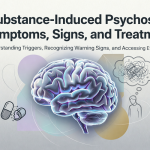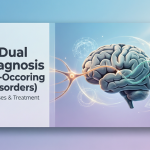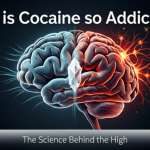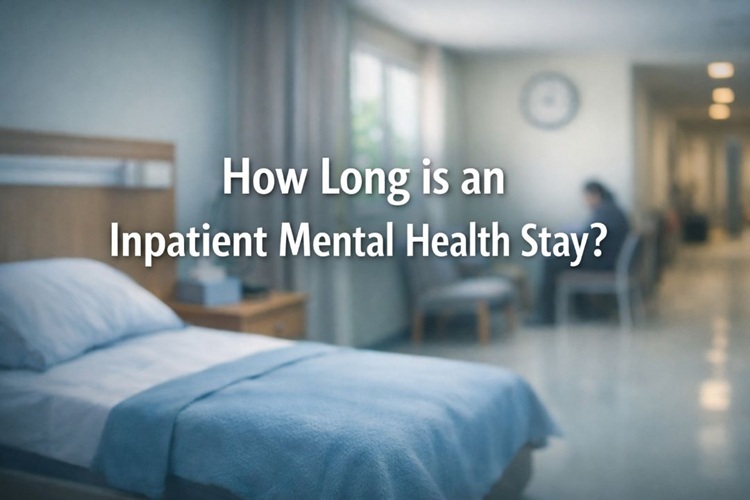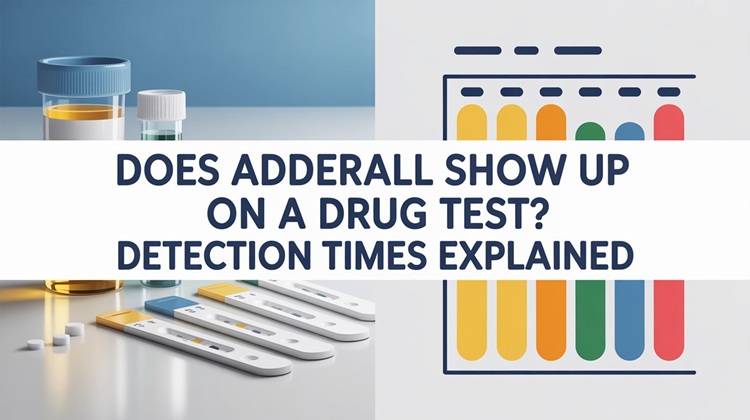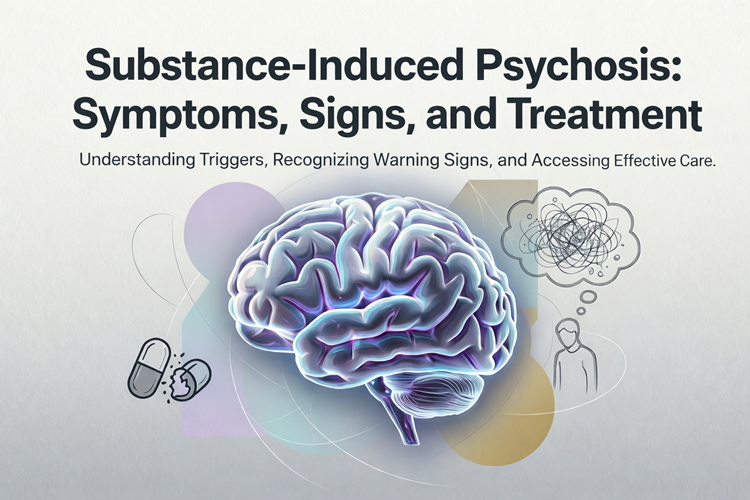Mental health and substance abuse are interrelated in a way that one affects the other and worsens the other. Understanding this connection is crucial for those who are experiencing either the two or both of them, as they can be directed to the right treatment and management. In this blog, we will take a look at the effects of substance abuse on mental health, the relationship between these issues, and the importance of integrated substance abuse treatment.
Relationship Between Substance Abuse and Mental Health
It is now widely acknowledged that substance abuse and mental health disorders co-occur, a phenomenon known as comorbidity or dual diagnosis. According to the National Institute on Drug Abuse (NIDA),
- Substance abusers are likely to develop mental health problems.
- People with mental illness are more likely to use substances.
These relationships are linked to each other by biological, psychological, and social determinants.
For instance, substances like alcohol, opioids, and stimulants directly affect brain chemistry, altering neurotransmitters such as dopamine and serotonin. These neurotransmitters are used in the management of moods, feelings, and even thinking. When their balance is disturbed by substance abuse, it can cause the development or exacerbation of mental disorders such as depression, anxiety, and mood disorders.
How Substance Abuse Can Lead to Mental Health Disorders
Substance abuse can trigger a range of mental health disorders in several ways:

- Impact on Brain Chemistry: Long-term substance abuse can lead to low levels of serotonin, which are associated with depression or the development of paranoid behaviors, anxiety, and schizophrenia.
- Psychological Effects: Stress, trauma, or other forms of psychological problems are some of the causes of substance abuse. Substance use can cause mental health issues that then cause people to use substances more often.
For instance, chronic opioid use can lead to significant changes in the brain’s reward system in a manner that hampers an individual’s ability to derive pleasure from ordinary life events. It frequently leads to anhedonia—the inability to derive pleasure from once enjoyable activities—a feature that is characteristic of depression. Other symptoms include anxiety, mood swings, and irritability, which will worsen the mental health condition of an individual as they progress with the addiction.
Mental Health Disorders as a Risk Factor for Substance Abuse
The reverse is also true:: mental health disorders can increase the risk of substance abuse.
- Anxiety Disorders: People may take alcoholic drinks to reduce stress. First of all, alcoholic beverages help to reduce stress levels, but then they lead to addiction and worsen the condition, including anxiety disorder.
- Depression: Depression may make individuals use stimulants to improve their mood and soon they become trapped in a cycle of rises and falls in the symptoms of depression.
- Post-Traumatic Stress Disorder (PTSD): People with PTSD experience heightened emotions, flashbacks, and insomnia. To overcome it, they may turn to alcohol or marijuana to alleviate pain or to sleep, but these chemicals mess up the body’s circadian rhythm and increase the chances of exacerbating PTSD.
100% Confidential Support is Available 24/7
No matter what you’re going through, you’re not alone. Our dedicated team is here to provide a safe, judgment-free space where you can talk openly and honestly. Whether you need emotional support, resources, or just someone to listen.
We’re here for you—completely confidential and always respectful of your privacy. Call us today!
The Cycle of Co-Occurring Disorders
Substance abuse and mental health disorders are interlinked and mutually reinforcing, which means that one triggers the other and the cycle is hard to break. This cycle involves:
- Substance Use Worsening Mental Health: For instance, a person with depression may turn to drugs to feel better about the hopelessness they are experiencing, but drug use will only compound the problem of depression.
- Mental Health Issues Driving Substance Use: Also, mental health issues may make an individual indulge in substance use, which worsens mental health even further.
This cycle is further compounded by socio-economic factors such as loneliness, joblessness, and flawed interpersonal relations.
The Impact on Daily Life and Relationships
Co-occurring disorders affect the day-to-day functioning of the individual and his or her interactions with other people. They can lead to:
- Employment and Financial Instability: Sometimes, the problem of finding and keeping a job and financial issues emerge.
- Strained Relationships: Low self-esteem, and feelings of guilt and shame make a person disconnect from society and the people around him. Work and relationships with family and friends may be damaged as people cannot comprehend the situation of people suffering from dual diagnosis.
- Challenges in Seeking Help: This means that where a person has both substance abuse and mental health disorders, he or she may be hesitant to seek help due to the challenge that comes with treating the two together.
Deland Treatment Solutions
Battling with Drug and Alcohol Addition? Remember, you are not alone and we are here to help you!
The Importance of Integrated Treatment
Given the complex relationship between substance abuse and mental health, integrated treatment approaches are essential for effective recovery. Integrated treatment involves addressing both conditions simultaneously through:
- Therapy: Among the therapeutic approaches, CBT is considered one of the best for treating co-occurring disorders. They assist clients in recognizing and modifying the maladaptive cognition and behavior that are linked to substance use and mental disorders.
- Medication: Medications may also be prescribed for the treatment of depression, anxiety, or other mental disorders; and for the control of cravings and withdrawal manifestations related to substance use.
- Support Groups: Group therapy offers a fellowship and understanding of the individuals in the group. Incorporating such groups into the overall treatment regimen for patients with dual diagnosis has been seen to be very effective.

Substance abuse affects mental health in all aspects of life and has a significant influence on the health of a person. By recognizing the signs of co-occurring disorders and seeking integrated substance abuse treatment, individuals can begin the journey toward recovery and regain control over their lives.
If your friend or a family member is battling with substance abuse and mental disorders, it’s important to seek help as soon as possible. Remember, you are not alone, and taking the first step toward treatment can lead to a brighter, healthier future. Contact DeLand Treatment Solutions today or call us at (386) 866-8689 for help.








